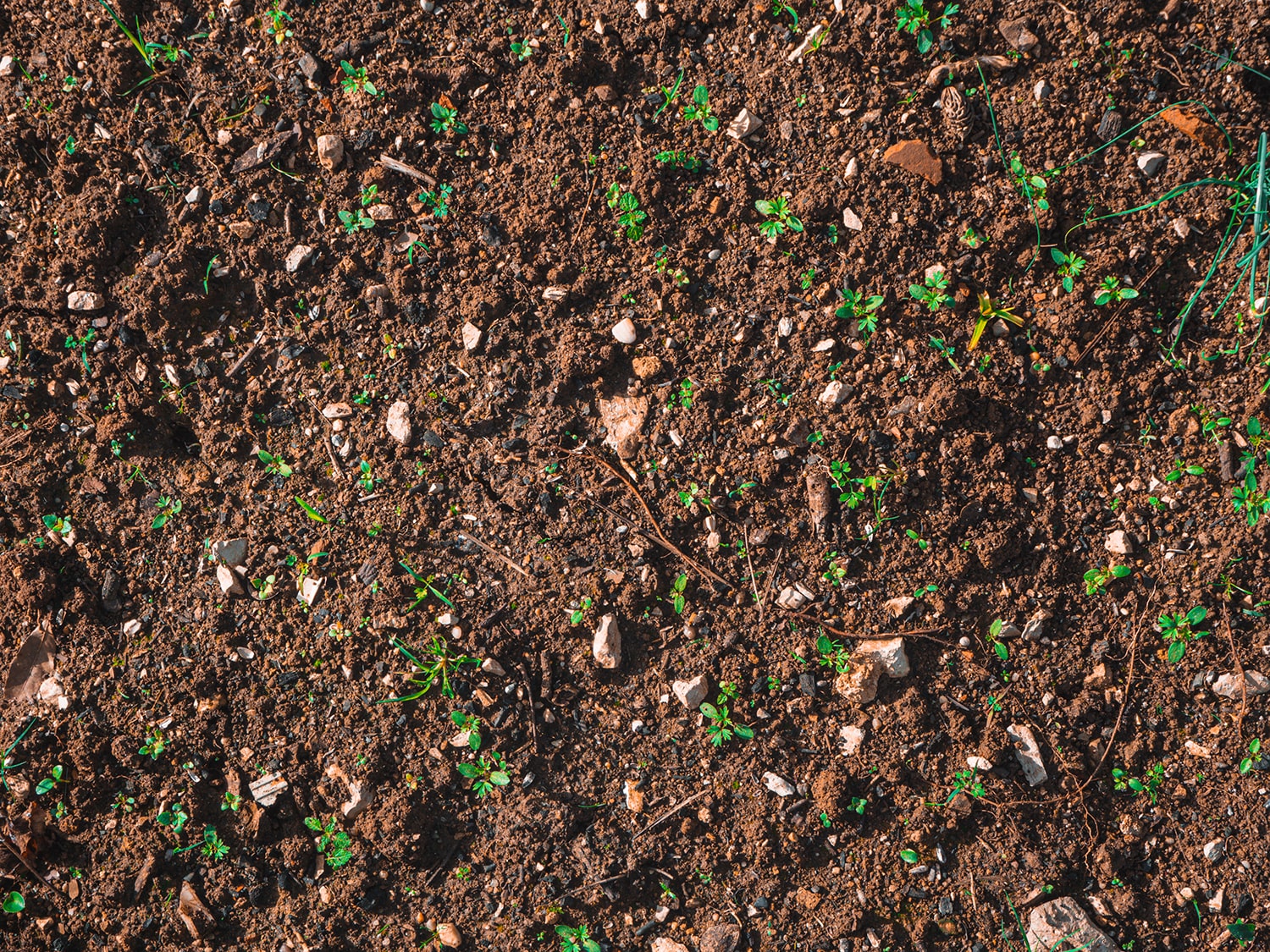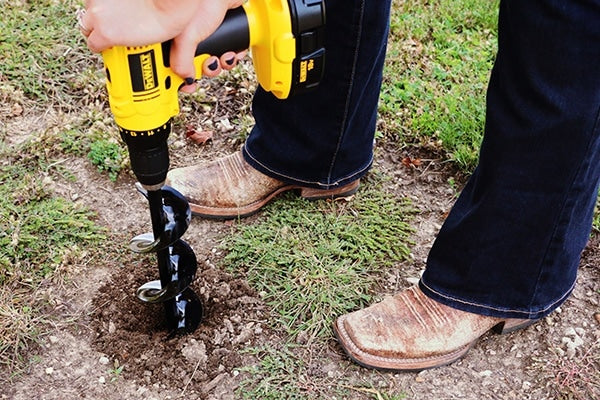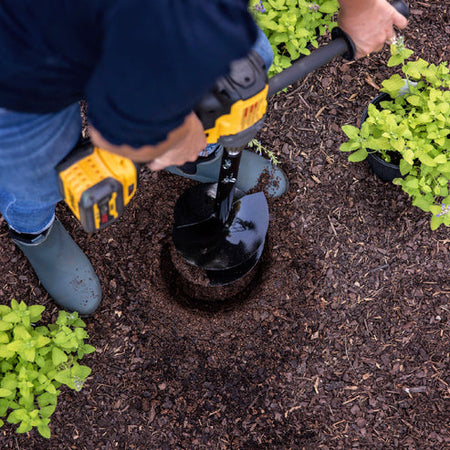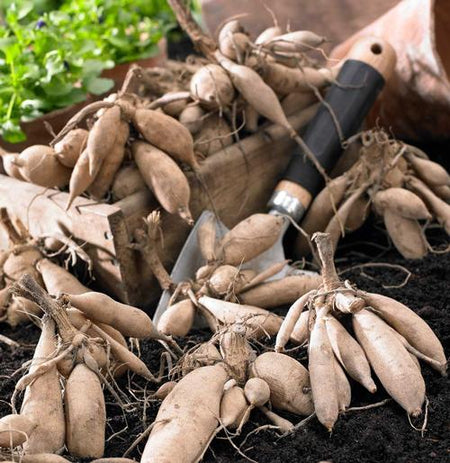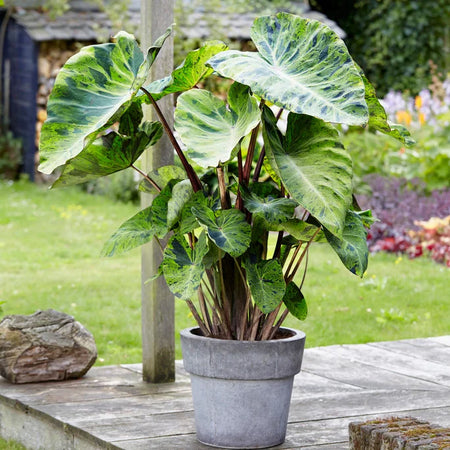Why is compaction bad for soil? Compacted soil is packed so densely together that water struggles to seep through the particles. As a result, plants can struggle to grow and may even die. Read on to find out why soil compaction is bad and how you can fix it.
Why Is Soil Compaction Bad?
Soil compaction makes it hard for plants to grow. If the soil is dense, roots struggle to extend into the earth, preventing the plant from soaking up the water and nutrients it needs to thrive. A plant with healthy roots can soak up water and nutrients, but with compacted soil, there tend to be fewer roots than there would be if the plant were growing in loose soil.
Soil compaction may also suffocate plants. Hard-packed soil is not efficient at taking in water. Whether you are watering regularly or it's a rainy season, the water simply can’t penetrate compacted soil in a manner where the plant is able to use it. As a result, plants may suffer — no matter how well you try to take care of them.
Signs of Compacted Soil
How do you know if your soil is compacted? Can you simply look at it, or can you tell by picking up a handful and rubbing it between your fingers? Here’s what you need to know:
- If plants appear stunted, the soil may be compacted.
- When the soil is compacted, water tends to pool in low areas and run off high areas instead of soaking into the ground.
- Bare soil is another telltale sign of compaction. Healthy soil will grow weeds, so if your soil is completely bare, it could be nutritionally deficient, compacted or both!
- Finally, you can tell whether soil is compacted by sticking a shovel in it. If you struggle to work the shovel, the soil is likely compacted.
The best time of year to check for compacted soil is in spring, when soil tends to be moist from rain. Push a dowel or metal rod into the soil. The dowel should be able to push through several feet of moist soil without a problem. If it's difficult to do this, your soil is most likely compacted.
How to Garden in Compacted Soil
It may sound strange given that compacted soil is bad, but there are some plants that do well in compacted soil. Plants that will grow in compacted soil include:
- Impatiens
- Echinacea
- Black-eyed Susan
- Marigold
- Bee balm
- Spiderwort
- Veronica
- Aster
- Liatris
- Coreopsis
- Salvia
- Daffodil
- Iris
If your soil is compacted, consider these annual or perennial flowers to cultivate a healthy garden. This is an easy solution if you don't want to or cannot put in the time or effort to fix your compacted soil.
If you own your home and plan to stay, a better idea is to focus on loosening compacted soil. When the soil is healthy and aerated, you can grow whatever greenery you want. Plants will be healthier, happier and larger in loose, fertile soil.
How to Fix Compacted Soil
Soil compaction often develops when an external force compresses the soil. In a garden bed, this can happen if you walk in the soil frequently. On a larger scale, this might happen in a new construction home because of the heavy machinery used to level the property and build the foundation.
Soil also tends to get compacted when it is nutritionally deficient. Adding components such as compost can improve the texture of the soil while also creating more air pockets. These air pockets can reverse compaction by opening channels for water and roots.
While compost is highly beneficial, it isn't necessarily a scalable solution. You can apply compost to a compacted garden bed, but what about a yard that is compacted? That's where machinery such as aerators and augers come in. These tools drill holes in the soil so that air can pass through. By opening air pockets in the soil, these tools create space for the soil to decompress naturally. You should notice an immediate improvement in your soil's ability to absorb water.
A Bit About Aerators and Augers
An aerator looks like a lawnmower with spiky blades. By rolling this over the grass, you can introduce tons of tiny holes to the soil.
Augers allow you to go deeper into the soil to really break apart compacted earth. They look somewhat like corkscrews. While there are manual augers, an easier solution is to find one that attaches to a drill. This should allow you to work faster and with less manual effort.
Augers and aerators are available for rental at many garden and home improvement centers. However, if your soil is compacted, you'll likely need to break it up annually. A more cost-effective solution would be to purchase a high-quality auger you can use every year, such as an auger from Power Planter.
To shop for garden augers or to learn more about fixing compacted soil, contact us today.


